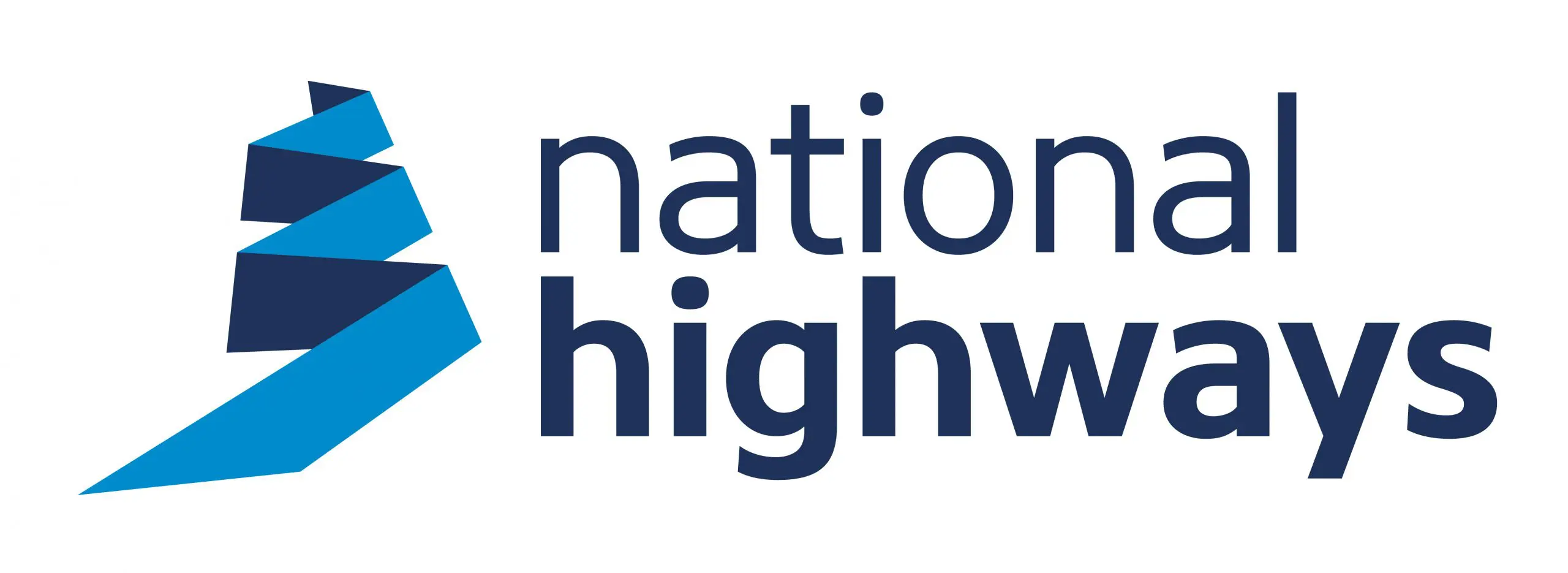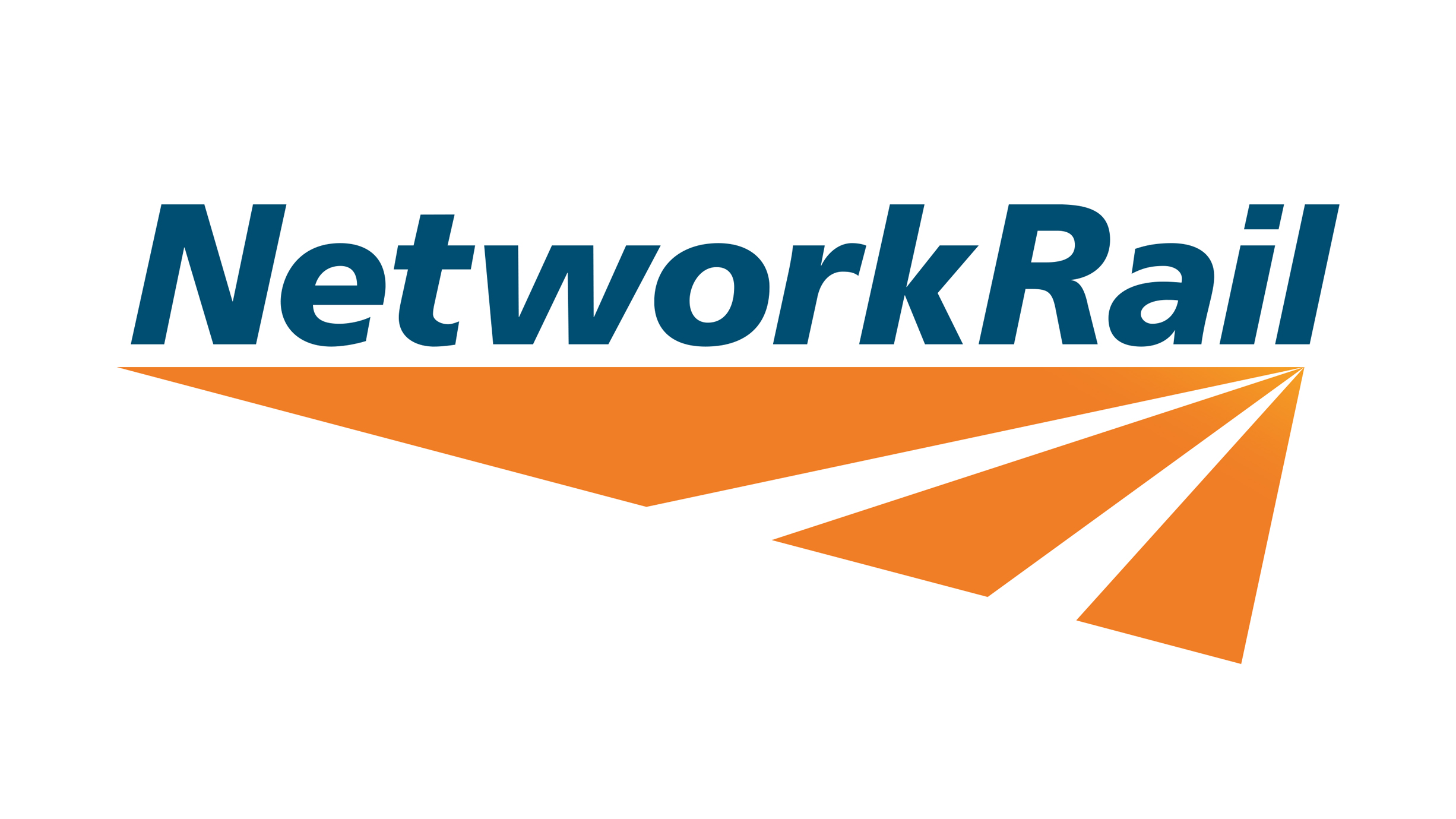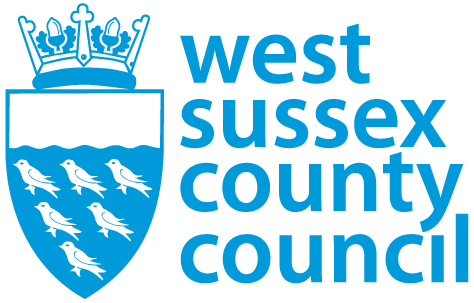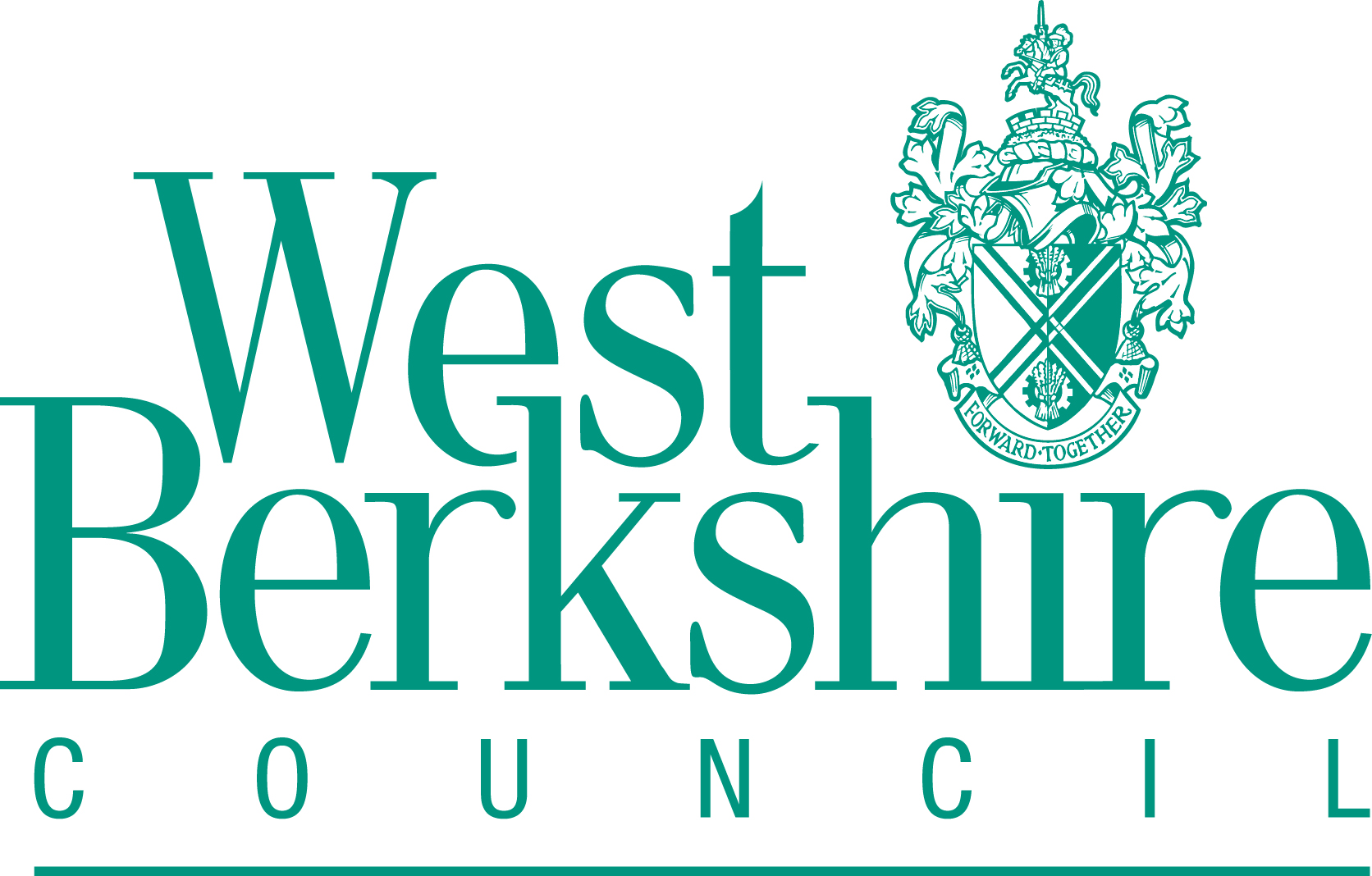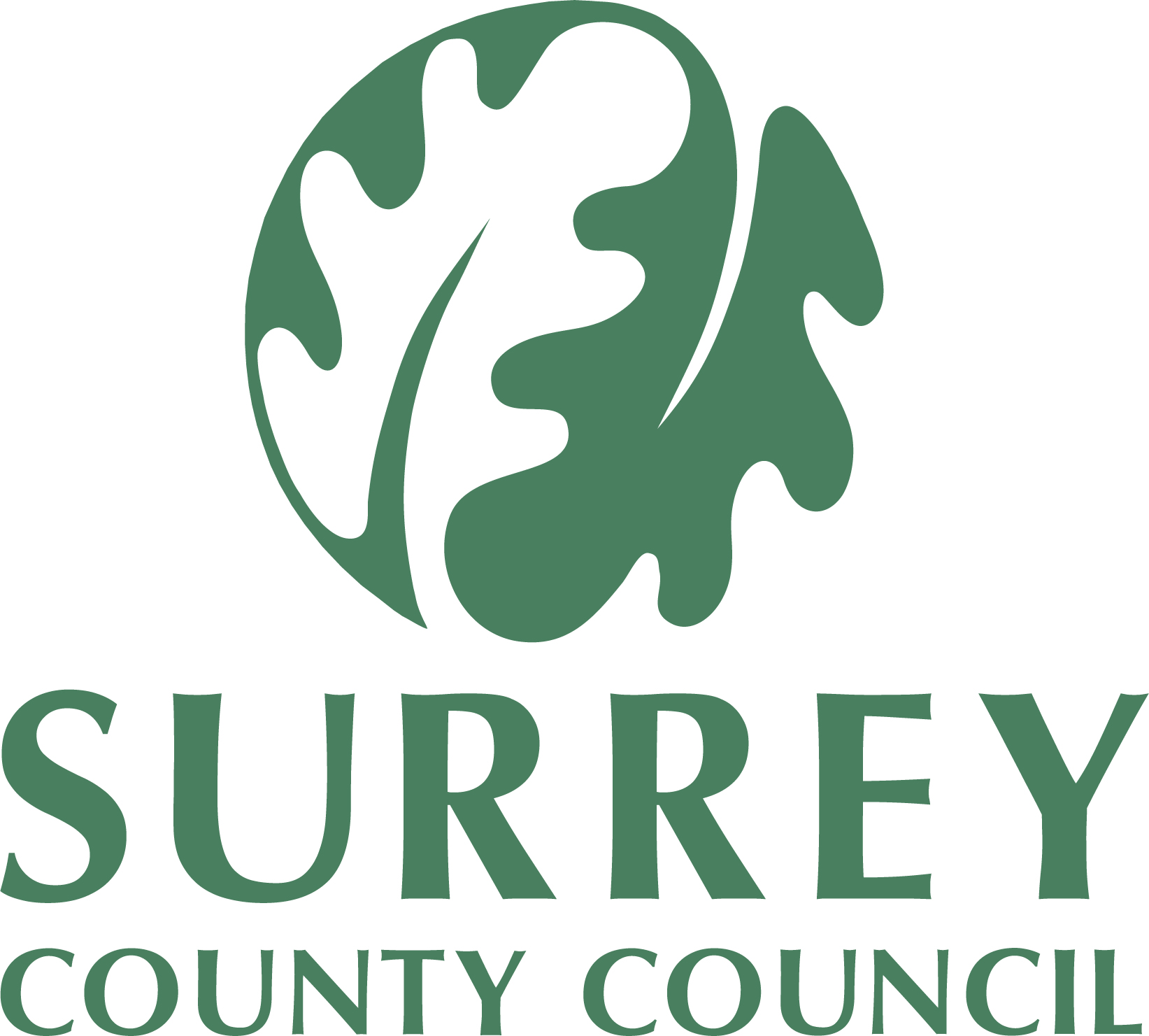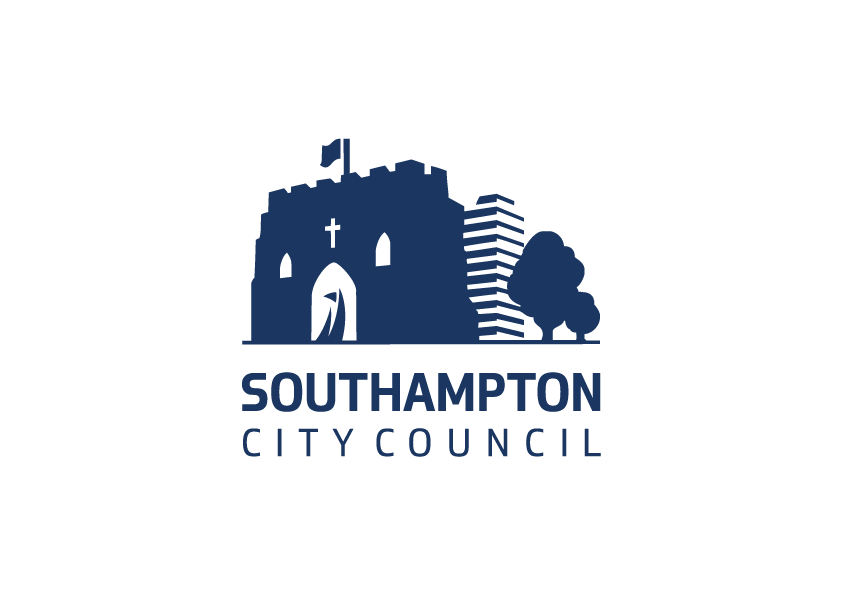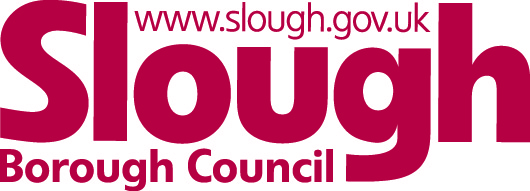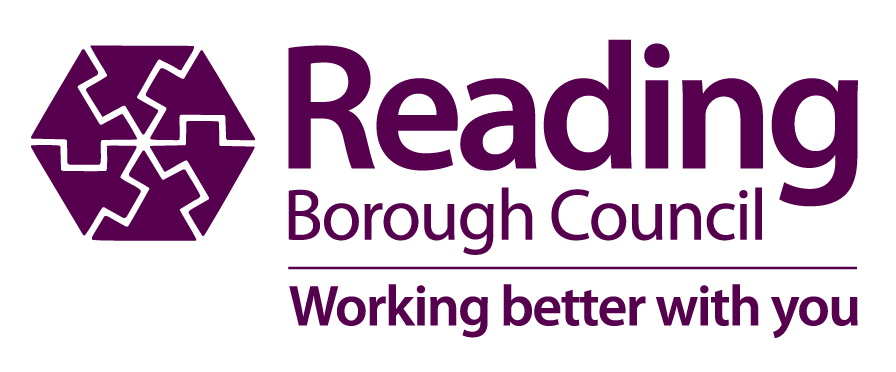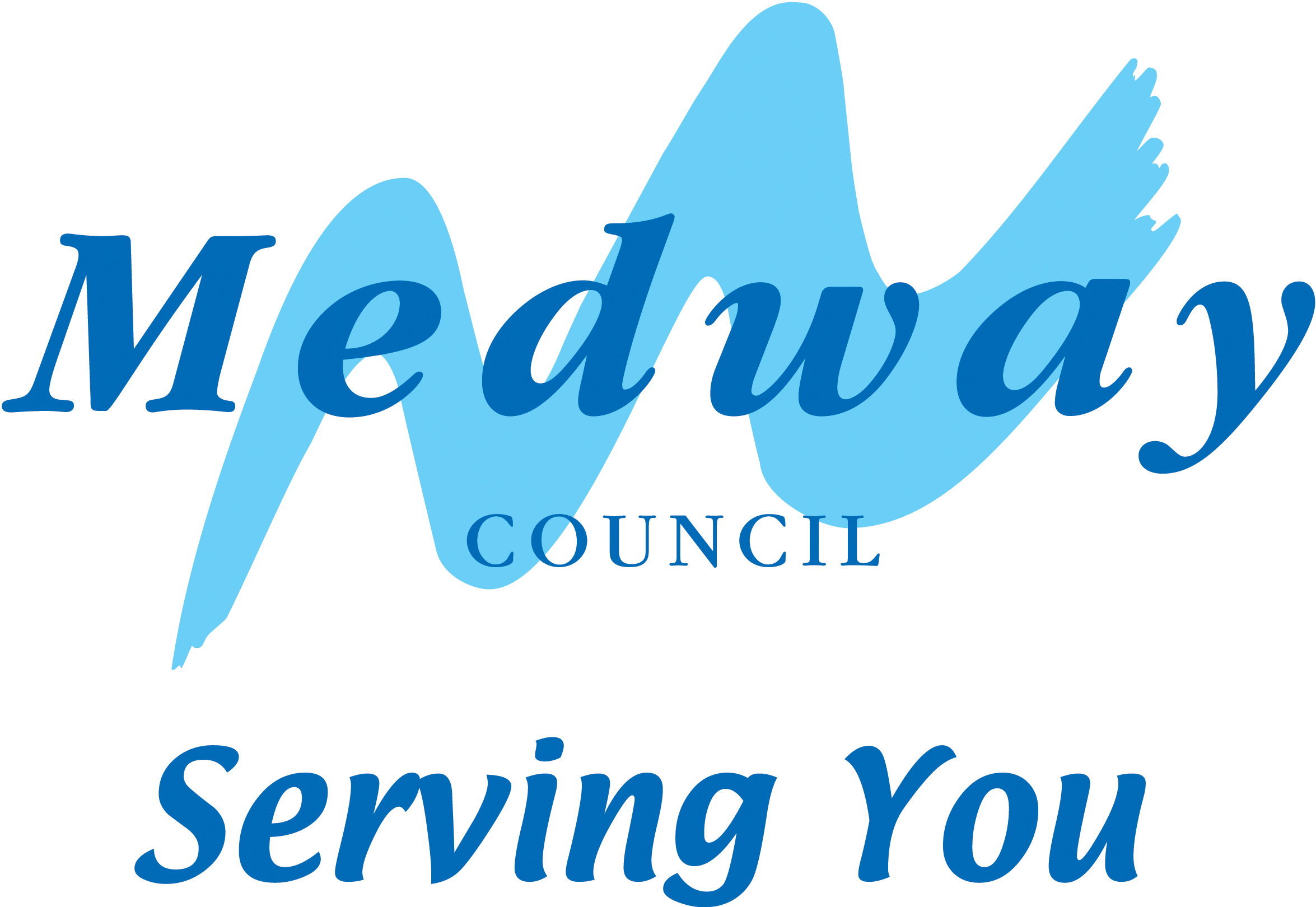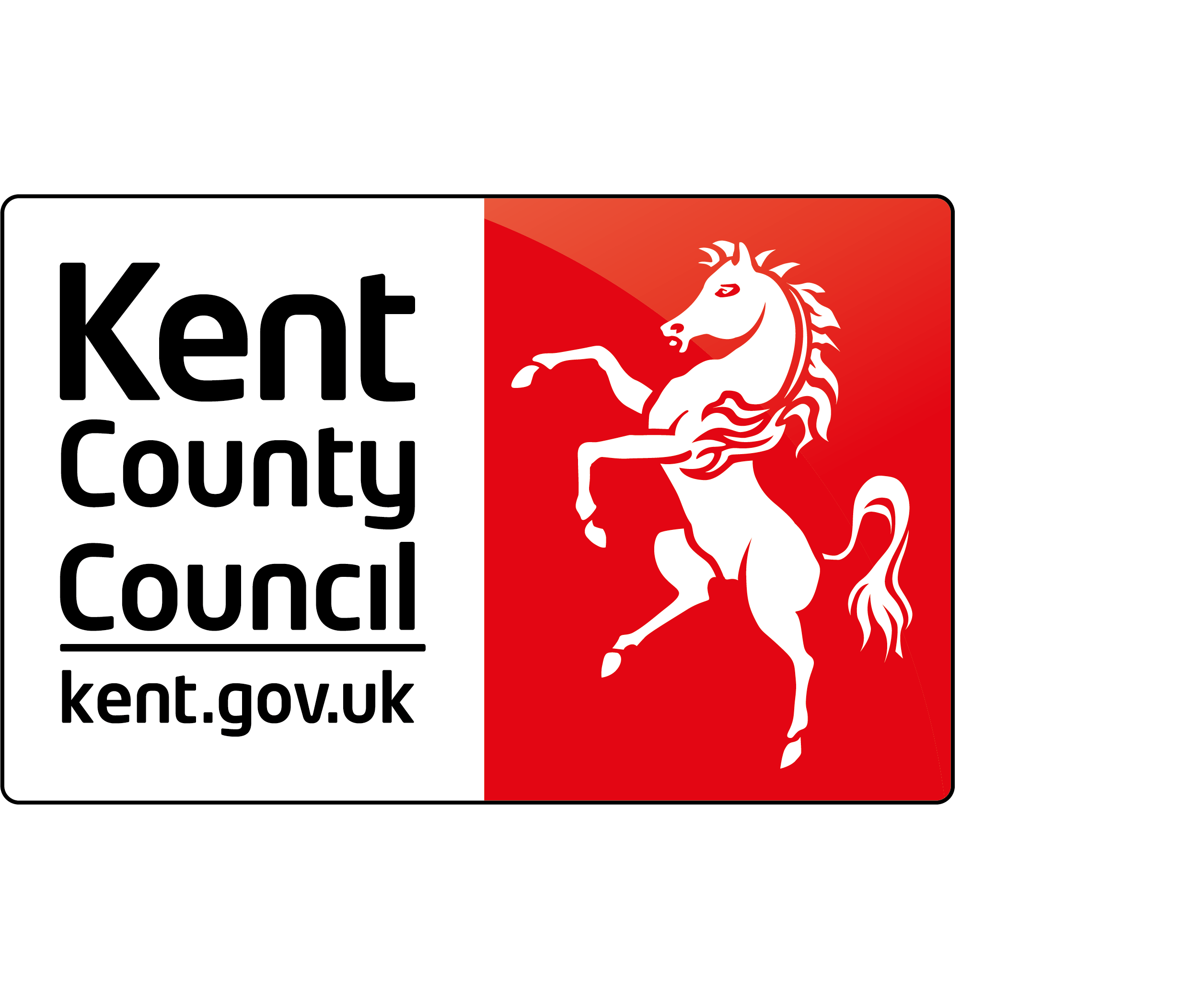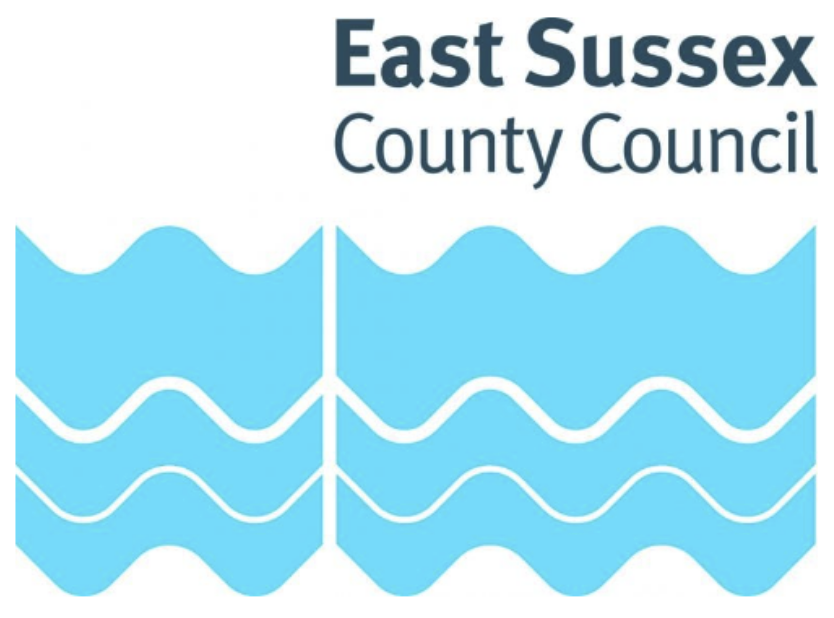Public attendance at Partnership Board meetings
Can a member of the public attend a meeting of the Partnership Board?
Yes. Members of the public are welcome to attend and observe Partnership Board meetings but they may not participate in proceedings without the express permission of the Chair of the Board.
Although not yet a statutory body, the Partnership Board has agreed to treat public attendance at formal meetings as if it is subject to the Local Government Access to Information rules. These include allowing the Board, when considering an item of business on the agenda, to exclude the press and public in circumstances where there is the likelihood of the release of exempt information (e.g. commercially sensitive information) as defined under the Local Government Act 1972. Notice of the intention to exclude the press and public will be included in the agenda of committee meetings where possible.
Informal meetings of the Partnership Board, meetings of its sub-committees, and those not constituted under the Local Government Act will be treated as private and not open to any external people in any circumstances other than by specific invitation.
Members of the public may use social media including Facebook, Twitter and blogs to report on proceedings of the meeting. Anyone wishing to film part of or all of the proceedings may do so unless the press and public are excluded for that part of the meeting or there is good reason not to do so.
As a matter of courtesy, anyone wishing to film proceedings will need to advise the Secretariat Officer in attendance so that those present may be made aware. The Chair will make an announcement at the beginning of the matter to inform attendees that the meeting may be filmed and that by staying they are consenting to being filmed.
Members of the public will be treated with respect and courtesy when attending meetings of the Partnership Board. They will be listened to and everyone who has registered will be able to be speak on the subject raised in their written statement without interruption.
It is expected that members of the public listen to the proceedings and respect the views and experiences of other people contributing.
Managing disruption or disorder
Where disruption occurs during a meeting, the Chairman of the Partnership Board has the right to ask any disruptive members of the public to leave. Where this request is not complied with, the meeting may be adjourned.
Where members of the public have been asked to leave or while no meeting is taking place in the meeting room, the public cease to have any right of access and may be considered as trespassers and appropriate actions will be taken to remove any members of the public who refuse to leave. Any members of the public not involved in the disruption or disorder and those have given no indication of an intention to engage in disruption or disorder, may be readmitted to the venue to observe when the meeting is reconvened.
Any decision to refuse entry to a meeting which is being treated as if it were a formal committee meeting, will be based on relevant intelligence, consideration of prior behaviour and relevant dynamic risk assessments. Members of the public refused entry to prevent disruption or disorder will be directed to observe the meeting via webcast where possible.
Specific room selection for formal Partnership Board meetings will be dependent on availability but efforts will be made to ensure each meeting is held in rooms appropriate to committee requirements, anticipated public interest, any known risks of planned disruption and the available webcasting infrastructure. Management of public attendance where issues arise will be the responsibility of the Transport for the South East secretariat, supported by security and facilities management staff.
Public statements
Members of the public who wish to make a statement at the Partnership Board are required to submit a written statement in advance of the Partnership Board meeting. Statements must relate to the remit of Transport for the South East.
The Partnership Board will not consider questions, although a written response may be provided to a written statement if the Chair considers it appropriate following the Board meeting.
Are there any restrictions on the statement that can be made?
A statement can be refused by the Chair if he or she considers the statement:
- is largely the same as one made in the last six months;
- is defamatory, frivolous or offensive;
- will require the disclosure of confidential or exempt information; or
- is already subject to separate appeal, adjudication, litigation, mediation or dispute resolution.
The Chair may disallow or terminate any public participation which discloses confidential or exempt information or is inappropriate, abusive, indecent, discriminatory, frivolous, irrelevant or otherwise unacceptable.
A member of the public may only submit a single statement at any meeting of the Partnership Board. If more than one statement is received by a member of the public, then only the first statement received by the Secretariat will be accepted.
A member of the public may not be able to make a statement at a special meeting of the Partnership Board as these meetings are called to discuss either a single matter or time sensitive matters and are held in addition to ordinary meetings.
How does a member of the public submit a statement?
Formal statements must be submitted in writing (by letter or email) before 12 noon on the third working day before the date of the meeting (i.e. if the meeting is on a Friday then the submission must be made by the preceding Tuesday, taking into account any bank holidays). The contact details for the secretariat are available online at https://transportforthesoutheast.org.uk/.
Transport for the South East will publish the papers for the meeting five working days in advance of the meeting. These will be available on the Transport for the South East website.
Where a member of the public submits a statement relating to a report on an agenda for a meeting and that report is not available by this time they may nonetheless be entitled to make a statement in certain circumstances.
The secretariat will respond to the member of the public at least two working days in advance of the relevant meeting to confirm:
- whether the representation is relevant or not to the meeting; and
- the allocated time for the statement.
Where statements are received but are not considered to be relevant to the Board the relevant local authority officer shall be identified by the secretariat and the representation forwarded to the relevant authority to respond.
All statements will be listed in the order received and will be circulated to everyone at the meeting.
When a statement is submitted it would be beneficial if a telephone number could also be supplied. This will enable the secretariat to make contact with the member of the public should any clarification regarding the statement be necessary.
Can a member of the public speak at the meeting?
A member of the public who has submitted a statement will be allowed to make oral representations at the meeting to introduce their statement. Only one speaker will be permitted to speak on behalf of an organisation.
Representations will be limited to three minutes. While views and comments may be acknowledged by the Chair of the meeting, members of the public will not receive detailed ‘answers’ to any points included in their statement. A written response to a statement may be provided following the meeting if the Chair considers it appropriate.
On arrival and before the start of the meeting speakers should register with the Transport for the South East secretariat.
The Chair will invite the speaker formally to put the statement to the meeting.
If a member of the public interrupts a meeting or otherwise behaves irregularly, improperly or offensively, the Chair may request that they leave the room or order that they are removed. In the event of a general disturbance, the Chair may suspend the meeting or direct that the public be excluded from it. No one so removed or excluded will be permitted to return to the meeting.
How much time is allowed for public statements?
A maximum of 15 minutes in total is allowed at the start of each meeting for public statement. If more than one member of the public has submitted a statement and wishes to speak, the statements will be presented in the order of when the statement was received by the secretariat.
If a statement cannot be made at the meeting due to time constraints, then the member of the public who submitted that statement will be sent an acknowledgement by letter or email after the Board meeting.
The Chair has the discretion to extend the period allowed for public statements in exceptional circumstances.
If a member of the public submits a statement do they have to attend the meeting?
No, a member of the public does not have to attend the meeting if they have submitted a statement. If a member of the public is unable to attend the meeting, their statement will be published online at
https://transportforthesoutheast.org.uk/ with the minutes of the meeting together with their name.
Is there a limit on the length of any statement?
Written statements should be no more than one side of A4. A further two pages of supplementary information is permitted – these can include photographs, graphs, statistics, etc. Supplementary information must be submitted alongside the written statement.
How will members of the public know what is on the agenda for a meeting?
Agendas are normally published one week in advance of the meeting and are available online at https://transportforthesoutheast.org.uk/.
